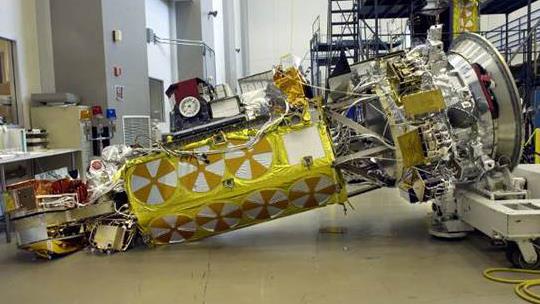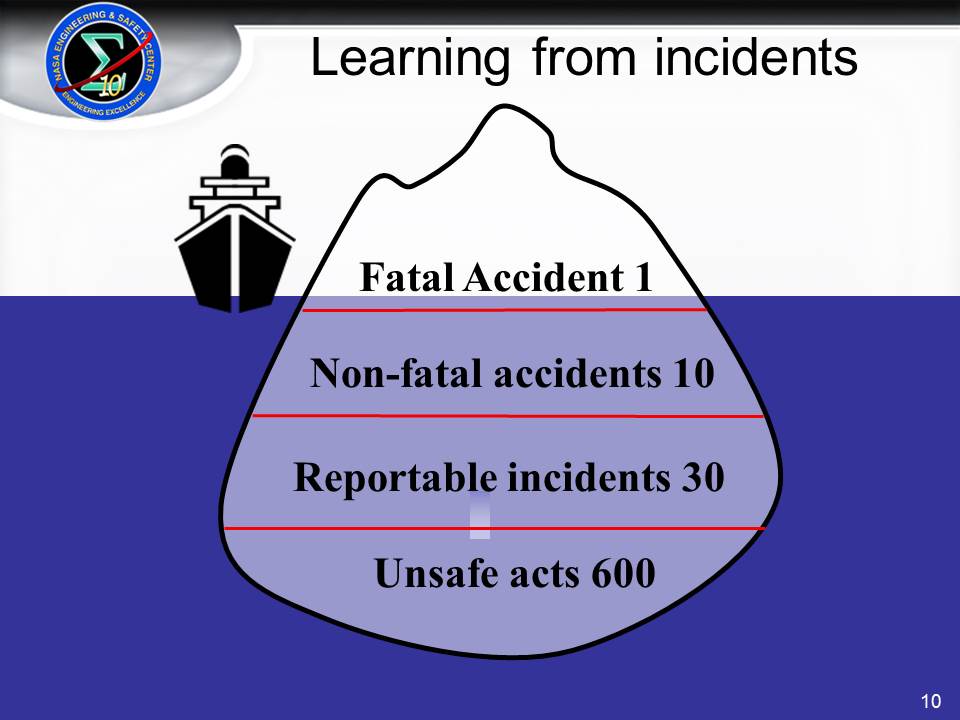Human Factors of Remotely Piloted Aircraft Systems: Lessons from Incident Reports
Discipline: Human Factors
Webcast Air Date: September 13, 2016
Before remotely piloted aircraft systems (RPAS) can operate routinely and safely in civilian airspace, we need to understand the unique human factors associated with these aircraft. Minor incidents are a potentially rich source of data, however, the RPAS sector has produced relatively few incident reports that describe events from the perspective of RPAS pilots. An exploratory study was conducted to examine the feasibility of collecting voluntary incident reports from RPAS pilots. Twenty-three experienced RPAS pilots volunteered to participate in focus groups in which they were invited to recall incidents that revealed a system flaw, or that highlighted a case where the human operator contributed to system resilience or mission success. Participants reported a total of 90 incidents. Some of the issues described in the reports have received significant attention in the literature, or are analogous to human factors of manned aircraft. In other cases, incidents involved human factors that have not yet been the subject of extensive study. Human factor issues included control station design considerations, vigilance during monotonous flights, transfer of control between control stations, the management of lost link procedures, and decision-making during emergencies. Although many of the reported incidents involved pilot errors, the participants also provided examples of the positive contribution that humans make to the operation of highly-automated systems.



